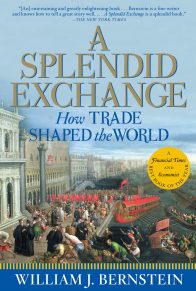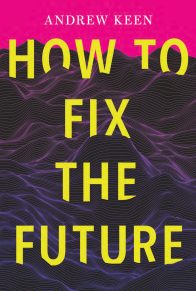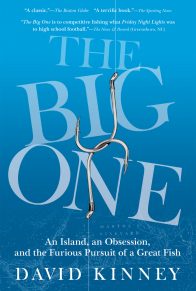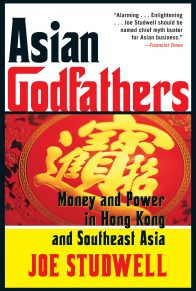Winner of the 2023 Hayek Book Prize
Longlisted for the 2022 Financial Times Business Book of the Year Award
In the beginning was the loan, and the loan carried interest. For at least five millennia people have been borrowing and lending at interest. The practice wasn’t always popular—in the ancient world, usury was generally viewed as exploitative, a potential path to debt bondage and slavery. Yet as capitalism became established from the late Middle Ages onwards, denunciations of interest were tempered because interest was a necessary reward for lenders to part with their capital. And interest performs many other vital functions: it encourages people to save; enables them to place a value on precious assets, such as houses and all manner of financial securities; and allows us to price risk.
All economic and financial activities take place across time. Interest is often described as the “price of money,” but it is better called the “price of time:” time is scarce, time has value, interest is the time value of money.
Over the first two decades of the twenty–first century, interest rates have sunk lower than ever before. Easy money after the global financial crisis in 2007/2008 has produced several ill effects, including the appearance of multiple asset price bubbles, a reduction in productivity growth, discouraging savings and exacerbating inequality, and forcing yield starved investors to take on excessive risk. The financial world now finds itself caught between a rock and a hard place, and Edward Chancellor is here to tell us why. In this enriching volume, Chancellor explores the history of interest and its essential function in determining how capital is allocated and priced.
Praise for The Price of Time:
Winner of the 2023 Hayek Book Prize
Longlisted for the 2022 Financial Times Business Book of the Year Award
“A fascinating work of history and analysis . . . [Chancellor] has seemingly read every pamphlet and treatise about interest ever written.”—Adam Rowe, Wall Street Journal
“Interest rates haven’t simply fallen—they were pushed. And by their pushing, the world’s central banks have constructed the hall of mirrors in which every investor has become, of necessity, a speculator. So argues Edward Chancellor in this brilliant chronicle of the most important prices in capitalism. You must read it. It is a masterpiece of history, analysis—and properly understated outrage.”—James Grant, editor of Grant’s Interest Rate Observer
“I wish The Price of Time were the book that I had written. I am reminded of Keynes’s letter to Hayek after reading The Road to Serfdom where he said, ‘In my opinion it is a grand book. We all have the greatest reason to be thankful to you for saying so well what needs so much to be said. I find myself in agreement with virtually the whole of it, and not only in agreement but in a deeply moved agreement.’”—William White, former Chief Economist, Bank for International Settlements
“Is it possible to write a highly engaging history of the world going back to Hammurabi, unfolding along the way a bitingly comprehensive explanation for its problems today, all told through a single character? Apparently yes. Edward Chancellor has done it, an achievement all the more notable since his drama is built around a character so unheroic on its surface: his ‘price of time’ is interest rates. This is a timely, vitally important and hugely readable book.”—Ruchir Sharma, Chairman, Rockefeller International and New York Times bestselling author
“Edward Chancellor has produced not just a brilliant explainer of the value of money and time but a hugely engaging history of the greatest problem confronting markets today. The Price of Time is a must read — a copy should be on the desk of everyone who has anything to do with financial markets or wondered why things work as they do.”—Merryn Somerset Webb, Editor-in-Chief, MoneyWeek
Praise for Edward Chancellor:
“Entertaining, useful, admirable . . . Chancellor seems to have read everything.” —New York Times Book Review, on Devil Take the Hindmost
“[Edward Chancellor is] one of the great financial writers of our era.”—Financial Analysts Journal, on Capital Account
















